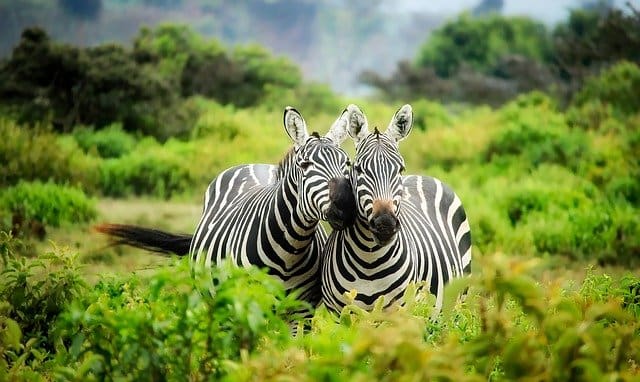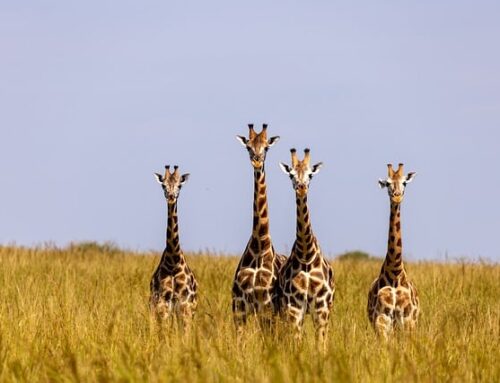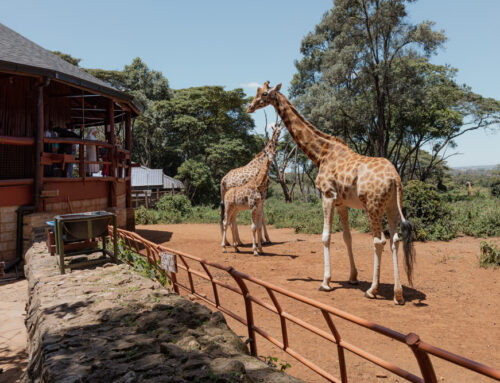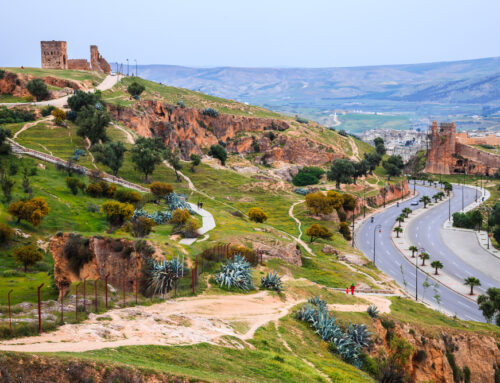Kenya Travel Tips: Things To Know Before You Go

Travel Tips for Kenya: What You Need to Know Before You Go

Going on a safari in Kenya can be a big dream for most people and even the experience of a lifetime. However, you may be anxious about what awaits you there. It’s understandable because, with the pandemic, there have been many obstacles and hoops to jump through when it comes to world travel. For example, the Kenya visa on arrival discontinued from January 1st, 2021 and foreigners need to apply for an eVisa prior to travel.
Fortunately, you can get a Kenya tourist visa online with just a few clicks of your mouse. Below, you’ll find a quick round-up of travel tips for Kenya and what you need to know before you go.
Get A Tourist Visa
Assuming you are in Europe, US, or Asia, the most recommended travel is by air. As earlier stated, it’s important to obtain your three-month tourist visa before you depart. However, you can extend by up to 90 days to avoid overstaying, which can lead to fines or deportation, or even imprisonment.
Local Travel
Once you arrive in Kenya, you’ll be able to decide where to visit and the type of traveling you want to do based on your budget. The most affordable option when it comes to transportation is using the bus system which is reasonably safe during the day but isn’t recommended for night travel. For safer options, you can use ride-sharing apps such as Uber and Bolt.
Travel Insurance
When you think about traveling abroad, travel insurance should be at the top of your list of priorities. Not only will you be at peace of mind, but comfortable knowing that you don’t have to worry about emergency hospital visits while abroad.
It would be best to choose a policy covering medical costs, repatriation, social security, and rescue costs in case of emergencies.
Vaccinations
Before you travel, remember to visit your medical facility to see if you’re up to date with your vaccines and to find out if you need to take preventive treatment against tropical illnesses like Malaria and Yellow Fever.
Even though COVID 19 vaccination is not mandatory in Kenya, it’s recommended to get the vaccine since new developments about the pandemic are popping up every day. On the same note, all travelers to Kenya must take a COVID 19 test at least 96 hours before entry into the country.
Local Currency
Before you book your flight and travel, it’s important to find out about the local currency and how best you can change your money on arrival. Cash payments are common in Kenya; however, credit cards are also acceptable in most outlets.
You can exchange your currency at the major airports in Nairobi or Mombasa cities since these have 24-hour exchange bureaus. You can also exchange at major banks and private bureau de exchange. The most common currencies acceptable include the Euro, Pound, and US dollar.
Pack Essentials
Remember to carry a backpack alongside your suitcase to protect your personal belongings such as the camera. In addition, check the weather condition before you travel to decide on the type of clothes to pack.
Even though there is no snow in Kenya, the winter season can be cold and wet whereas summer can be hot and dusty. Whole outfits can go well with winter, whereas loose clothing such as wide pants and khaki are good for summer.
Don’t depend on your smartphone for unforgettable shots as some remote areas may have irregular power supply to charge your phone. Admittedly, a camera can also do the job perfectly.
Weather
You can go on safari in Kenya all year round because the weather is pretty good regardless of the season. Hence, you can always have the chance to see the wildlife.
However, the summer period between December and February can be rather dry and hot. During this time, you’ll see less vegetation, and the animals may hide from the hot sun. In contrast, the rain season in March to April or October to November can get really muddy with waterlogged soils, making it difficult to travel. Between June and September, it’s relatively less dry with less hot weather, hence the best time to travel. Also, you’re likely to see more animals during this period.
Safari Tours
When planning for a safari to a games reserve, you can use a trusted tour and travel agency. In most cases, you’ll be accompanied by a tour guide or range.
Typical programs are planned, particularly game drives, excursions of 3 to 4 hours through the bush, and savannah with predefined itineraries. These excursions can also take place at night, and they are late-night drives. This will allow you to see the animals hunting at night thanks to large torches attached to Land Rovers. An armed guard also accompanies you during walking safaris at night.
Conclusion
Whether you plan to travel for business, fun, or adventure, a trip to Kenya is going to be a memorable one. These tips will be helpful to adequately prepare for travel and avoid hiccups in your destination.




